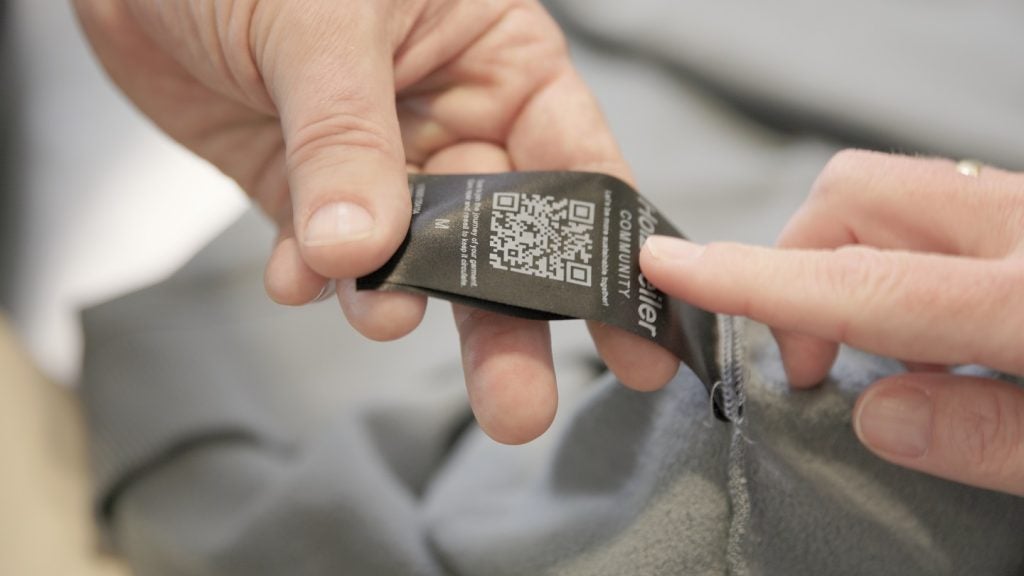Norway-based fashion house Holzweiler has partnered with the Trimco Group and Kezzler to implement a digital product passport (DPP) solution.
A DPP serves as a digital record that includes essential details about a product's materials, source and lifecycle.
Thw initiative places Holzweiler at the forefront of the digital transformation in fashion, underlining the company's commitment to sustainability, supply chain transparency and an enhanced customer experience through innovative technology.
The DPP solution provided by Trimco Group and Kezzler facilitates seamless returns, repairs and resale, and supports recycling efforts.
The platform is designed to cater to the contemporary consumer's demand for responsible and informed purchasing.
The collaboration for the DPP platform allows Holzweiler to address future challenges while maintaining its dedication to quality, creativity and environmental responsibility.
Holzweiler CSR manager Line Staxrud Eriksen said: "With the digital product passport, we’re not just ticking a box — we’re unlocking new possibilities for our brand and our customers.
"The partnership with Trimco Group and Kezzler allows us to delve deeper into our supply chain, offering transparency that aligns with our values and vision.
“Our customers deserve to know the journey of each garment, and this solution enables that, while also supporting our broader goals of promoting a circular economy."
Founded by Susanne and Andreas Holzweiler, the brand is known for its commitment to craftsmanship, curiosity and timeless design, with collections inspired by art, architecture and nature.
This partnership between Holzweiler, Trimco Group and Kezzler serves as a benchmark for the fashion industry, which has been slow to adopt DPPs, often due to unclear requirements.
The alliance showcases a scalable approach for fashion brands to not only meet regulatory demands but also to enhance customer loyalty and participation.
In June 2024, a study was published that discussed the possible deployment of a European DPP for the textile sector.
The research suggested a phased approach to implementing a DPP.
The first phase involves rolling out a basic DPP for textiles by 2027 and the second introduces an enhanced DPP for textiles by 2030.
Finally, the third phase aims for the implementation of a comprehensive circular DPP for textiles by 2033.















